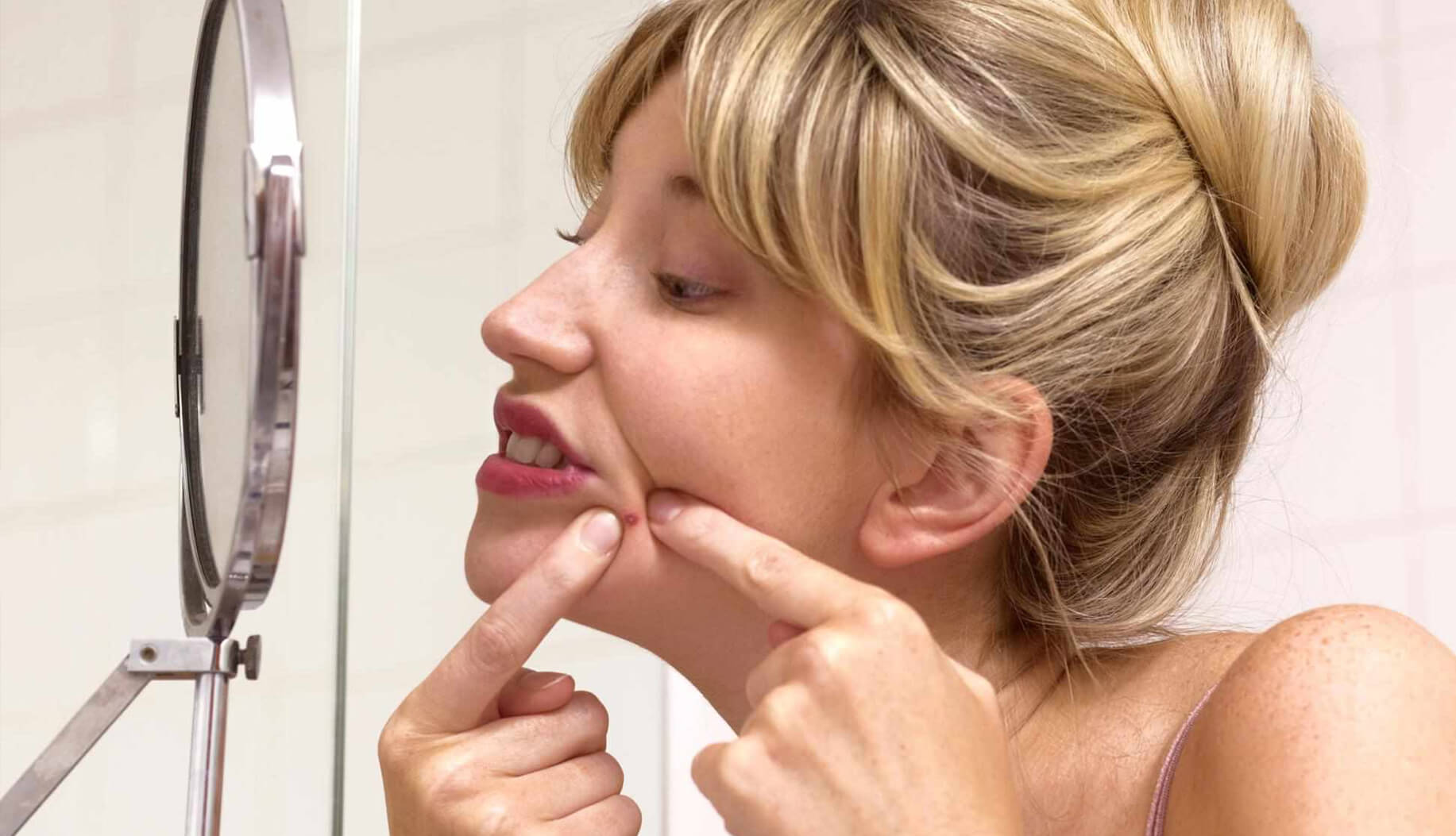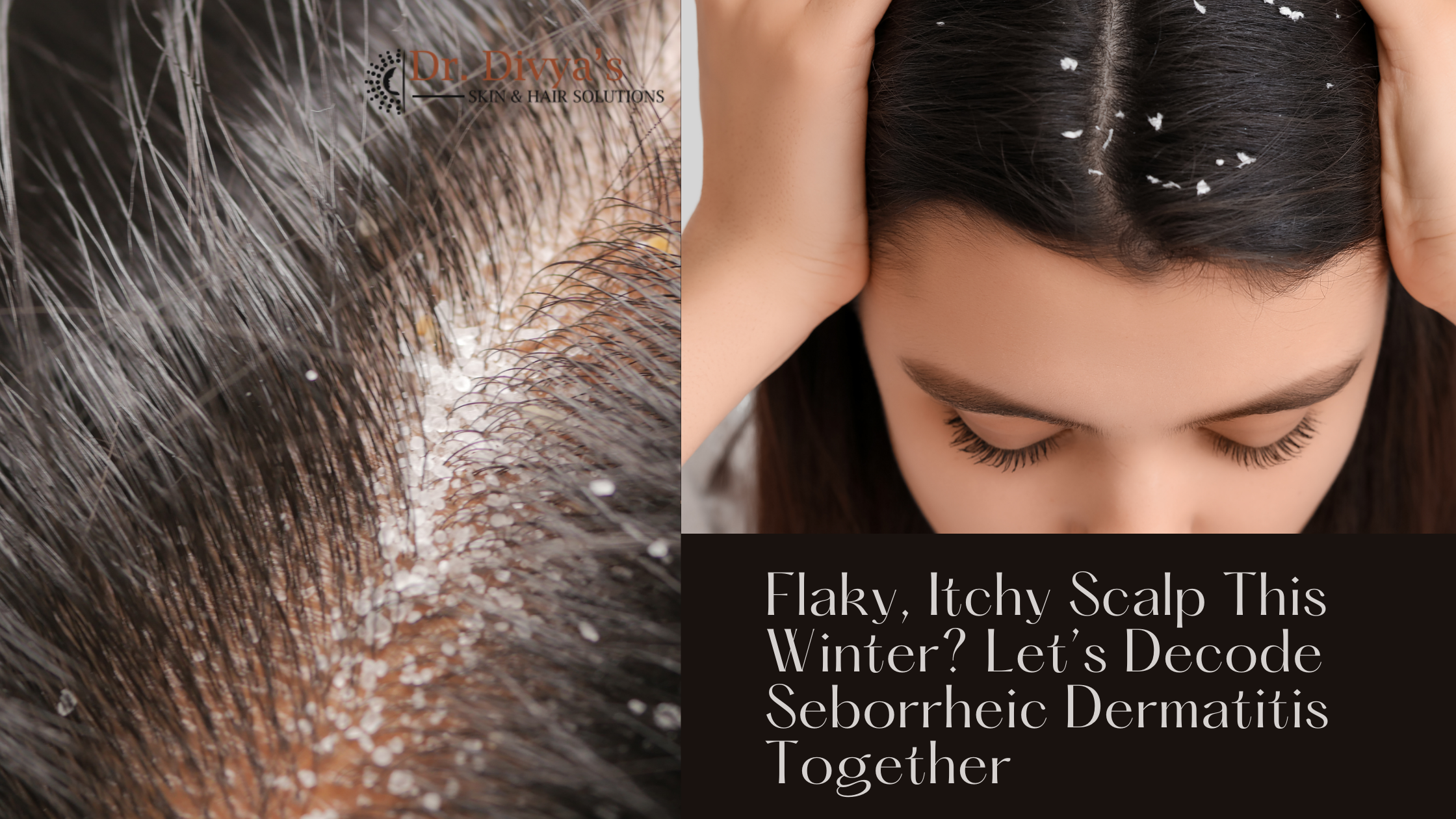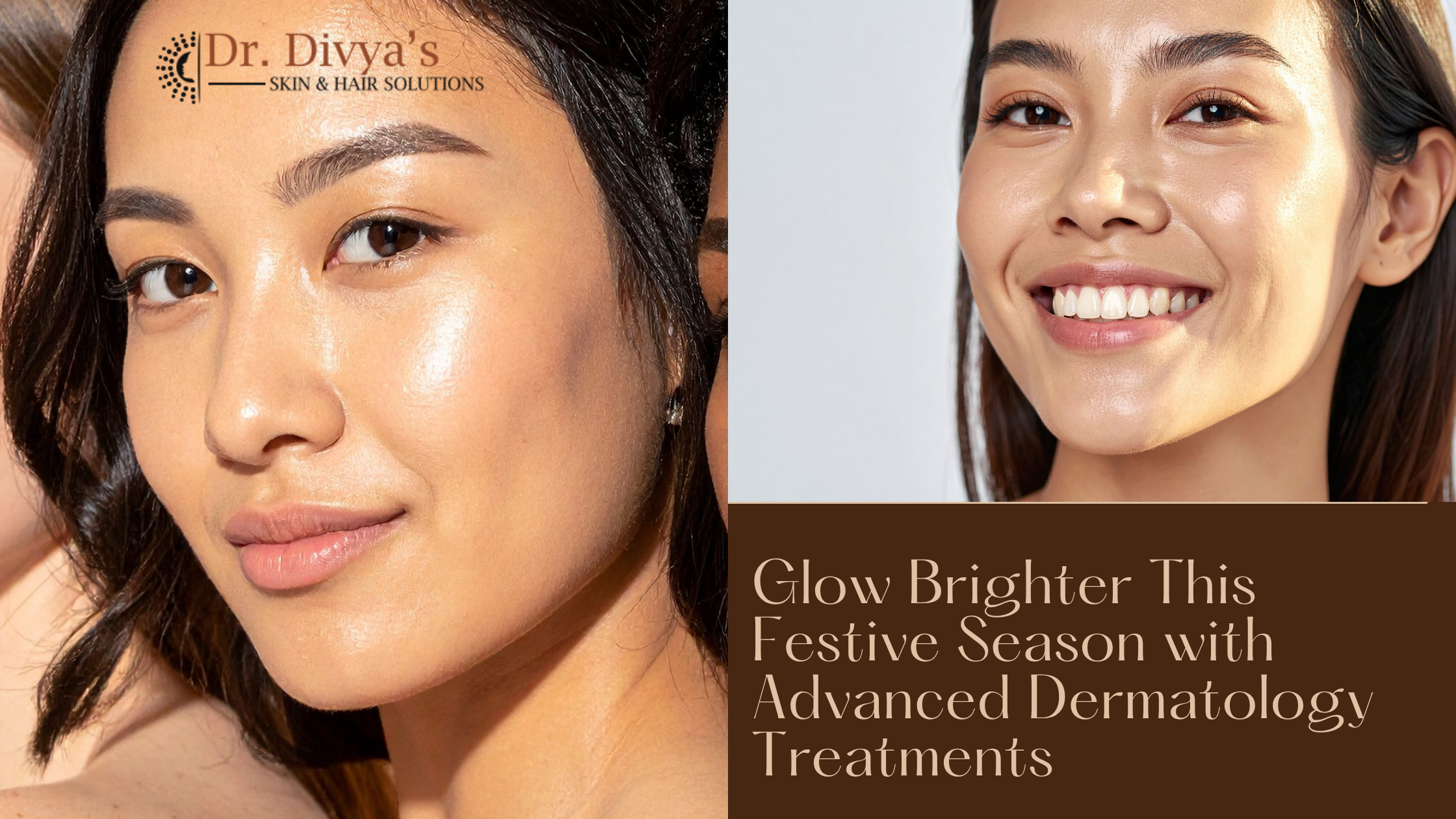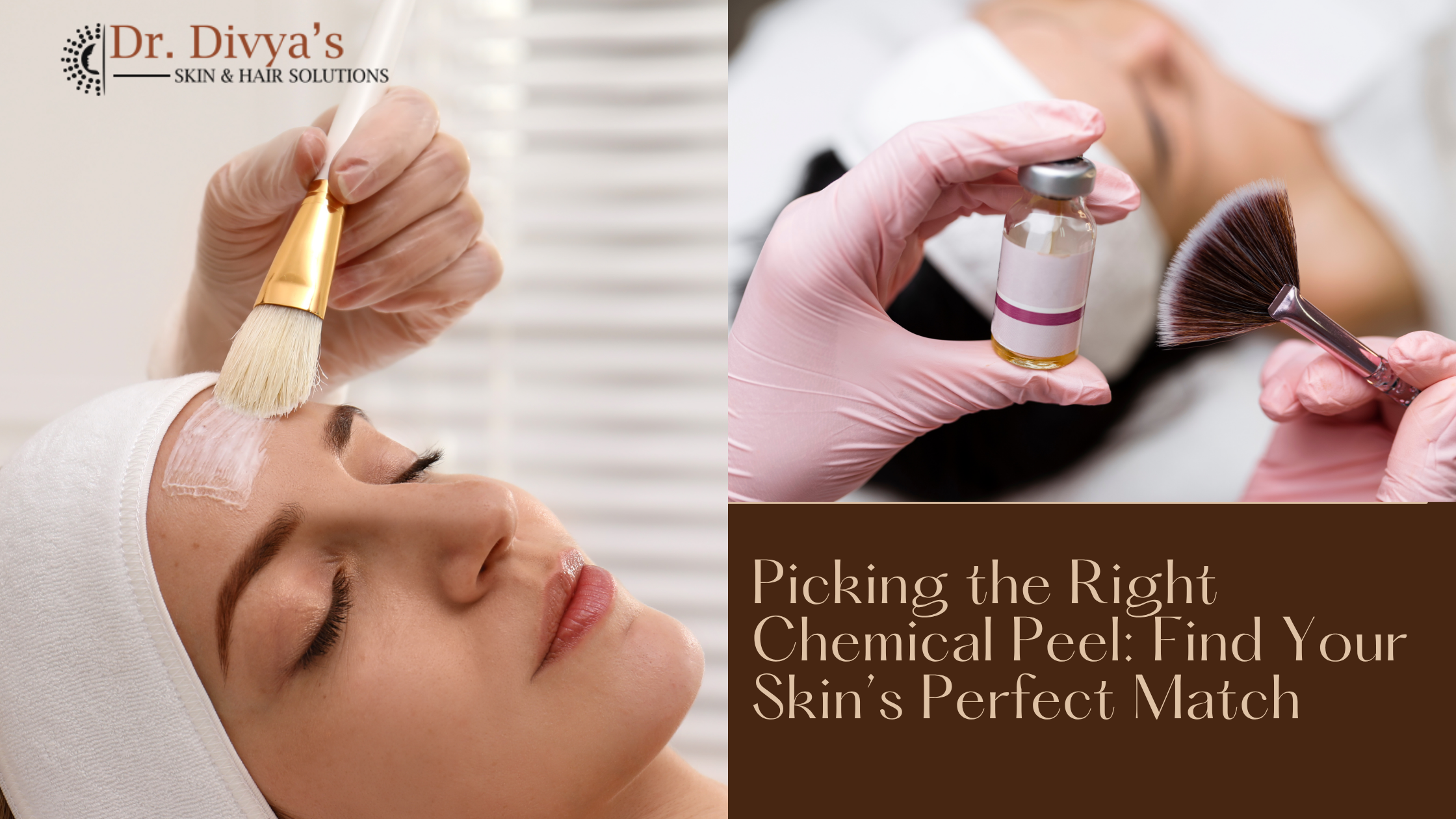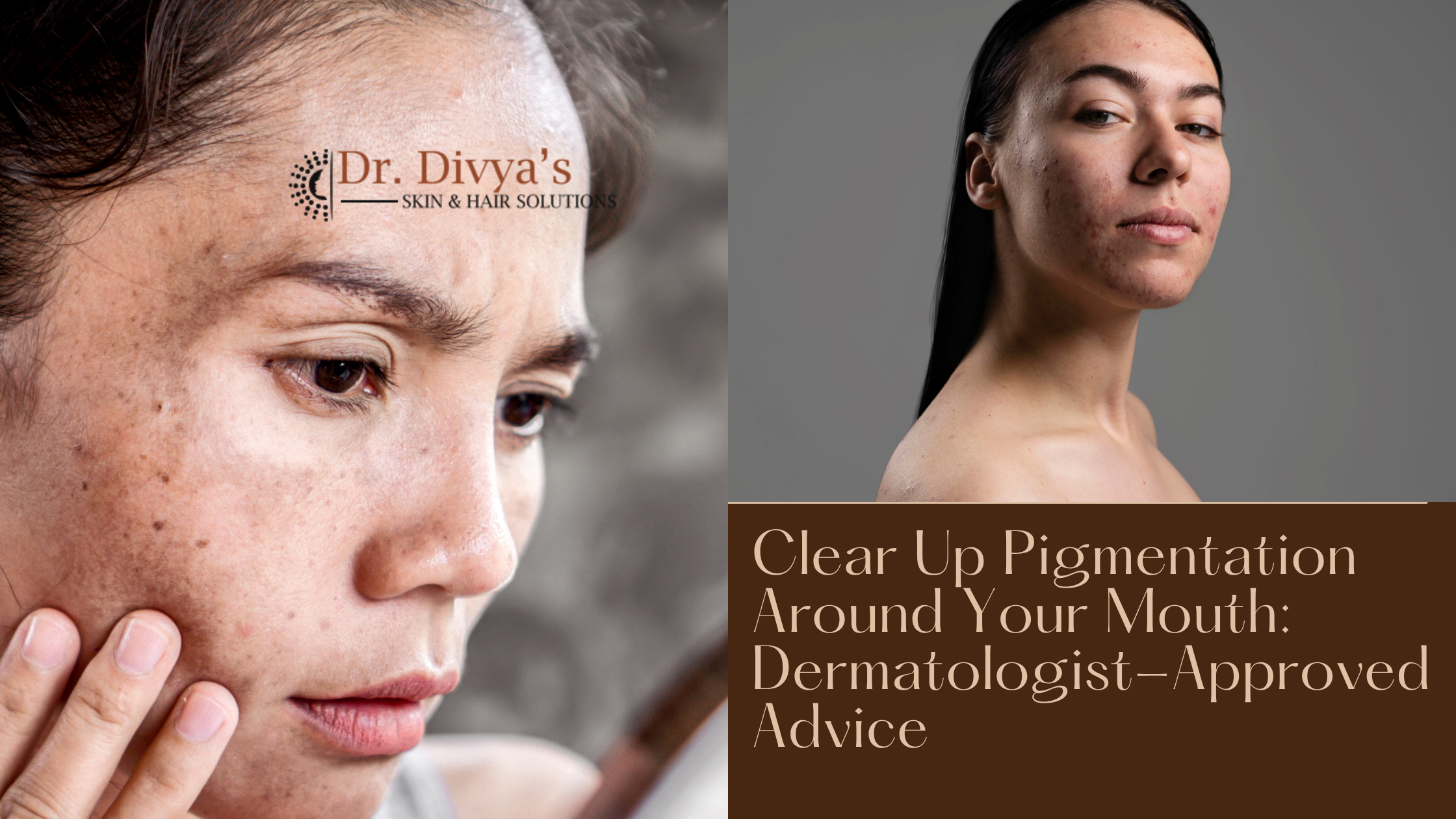Posted date on Feb 24, 2017
Acne and its Care
Let’s get one thing clear from the beginning. The menace of acne doesn’t give headaches to girls alone, it affects boys too. And though the reason why some people are more prone to acne isn’t clear, it’s been postulated that hormones, specifically androgen, could be playing a major role here.
During puberty, this hormone is known to increase and this is also the time when the occurrence of acne is most frequent. Androgen is also capable of making the skin’s sebaceous glands to enlarge and produce more sebum, which is an oily secretion that can block skin pores and subsequently produce infection by bacteria. Androgen levels also increase during pregnancy and starting or stopping birth control pills. Changing hormone levels before the onset of the menstrual cycle can also trigger off a round of acne. Certain medicines and some oil-based cosmetics can also lead to acne outbreaks. Other risk factors for acne include a family history where both parents had acne, stress which results in worsening of acne and friction or pressure on the skin; friction could be caused by phones, helmets or tight collars, etc.
There are four different types of acne and these include
- Blackheads – open plugged pores congested with bacteria and oil
- Whiteheads – closed bulging plugged pores
- Pimples – small pustules with bacteria and pus at the tips
- Papules – small red inflamed painful bumps
The four factors involved in acne formation where the hair follicles get plugged, include excessive sebum, dead skin cells, clogged pores and bacteria. Though myths abound that acne is caused by indulging in greasy foods and sweets, dirty skin and cosmetics, these have all been debunked by dermatologists. It’s recommended that you should consult a good skin specialist who can guide you in the correct treatment of acne before it reaches the scarring stage. If you are living in Bengaluru, a visit to Dr. Divya’s Skin & Hair Solutions clinic could turn out to be highly beneficial, especially if your acne is severe.
There are three main types of drugs recommended for acne, and these include antibiotics, benzoyl peroxide, and retinoids; a combination might be recommended depending upon the severity of the condition. Though most of these are available over-the-counter in topical or oral forms, a dermatologist’s advice is needed as one may not know the exact strength or suitability to one’s specific skin type. In certain cases, hormone therapy may be needed to reign in acne and would include birth control pills or anti-androgen medications. Since some of the drugs and ointments have side-effects, consulting a skin specialist is essential.
To prevent reoccurrence of acne, don’t indulge in over-washing or scrubbing the face; two gentle items of washing with non-oily cleansers is sufficient to keep your skin healthy. Also, opt for non-comedogenic cosmetics if you are prone to acne. And lastly, don’t manipulate your pimples as it can lead to greater inflammation and scarring.
